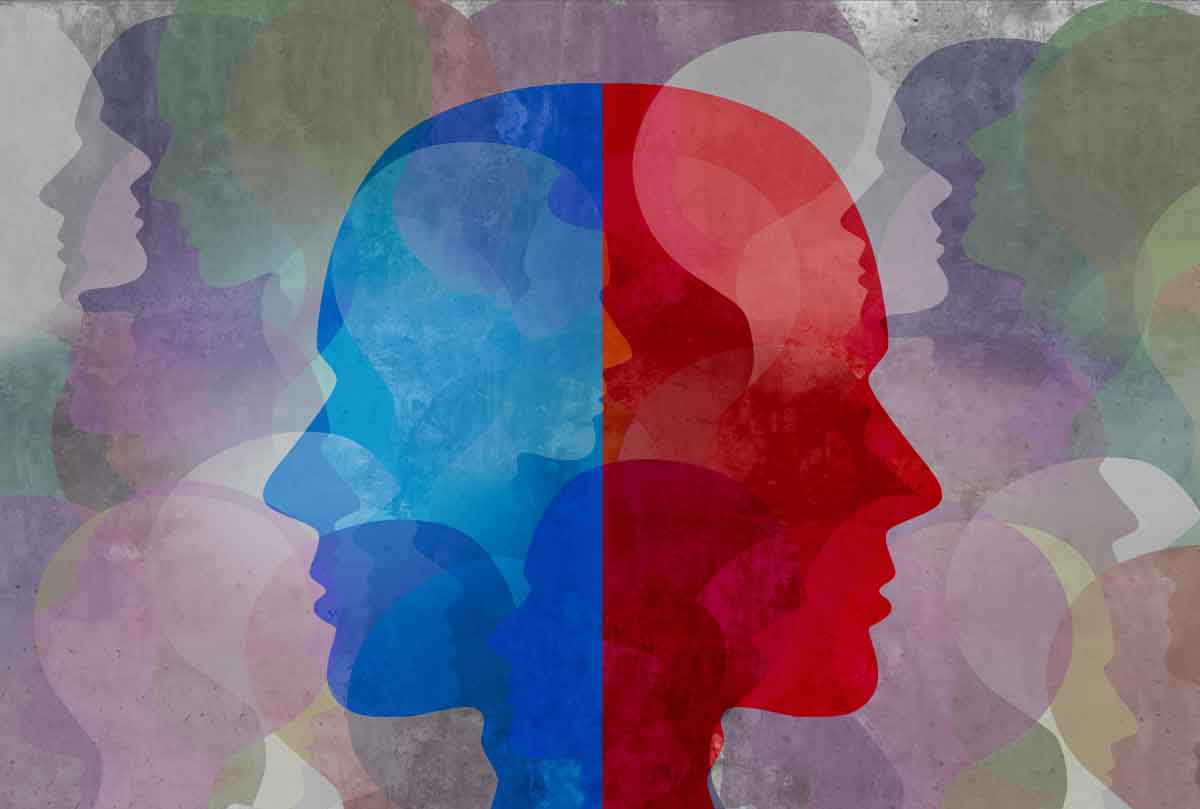Mediating effect of food disgust between depression/anxiety and avoidant restrictive eating
Influence of Food Disgust on ARFID, Anxiety, and Depression
Avoidant/Restrictive Food Intake Disorder (ARFID) is characterized by restrictive eating behaviors, including severe picky eating and a fear of negative consequences associated with food consumption. This research addresses the limited data on ARFID by exploring the influence of food disgust on the relationship between ARFID symptoms, anxiety, and depression among Lebanese adults. Conducted between September and December 2024, the study used a cross-sectional design with 396 participants (mean age: 28.34 years; 26.5% female), recruited via snowball sampling. Participants completed a self-administered online questionnaire through Google Forms. The mediation analysis revealed that food disgust partially mediates the relationship between depression/anxiety and ARFID symptoms. Specifically, higher levels of depression and anxiety correlated with increased food disgust, which in turn was significantly associated with heightened ARFID symptoms. The findings underscore the intricate relationship between food disgust, ARFID symptoms, and anxiety in adults. The study suggests the necessity for further research to elucidate the mechanisms linking ARFID symptoms and anxiety, which is critical for developing effective therapies targeting disgust-related food aversions. Additionally, it highlights the importance of early emotional screening and personalized treatment strategies to facilitate nutritional rehabilitation. [NPID: ARFID, restrictive, avoidant, anxiety, disgust]
Year: 2025
 Navigation
Navigation








